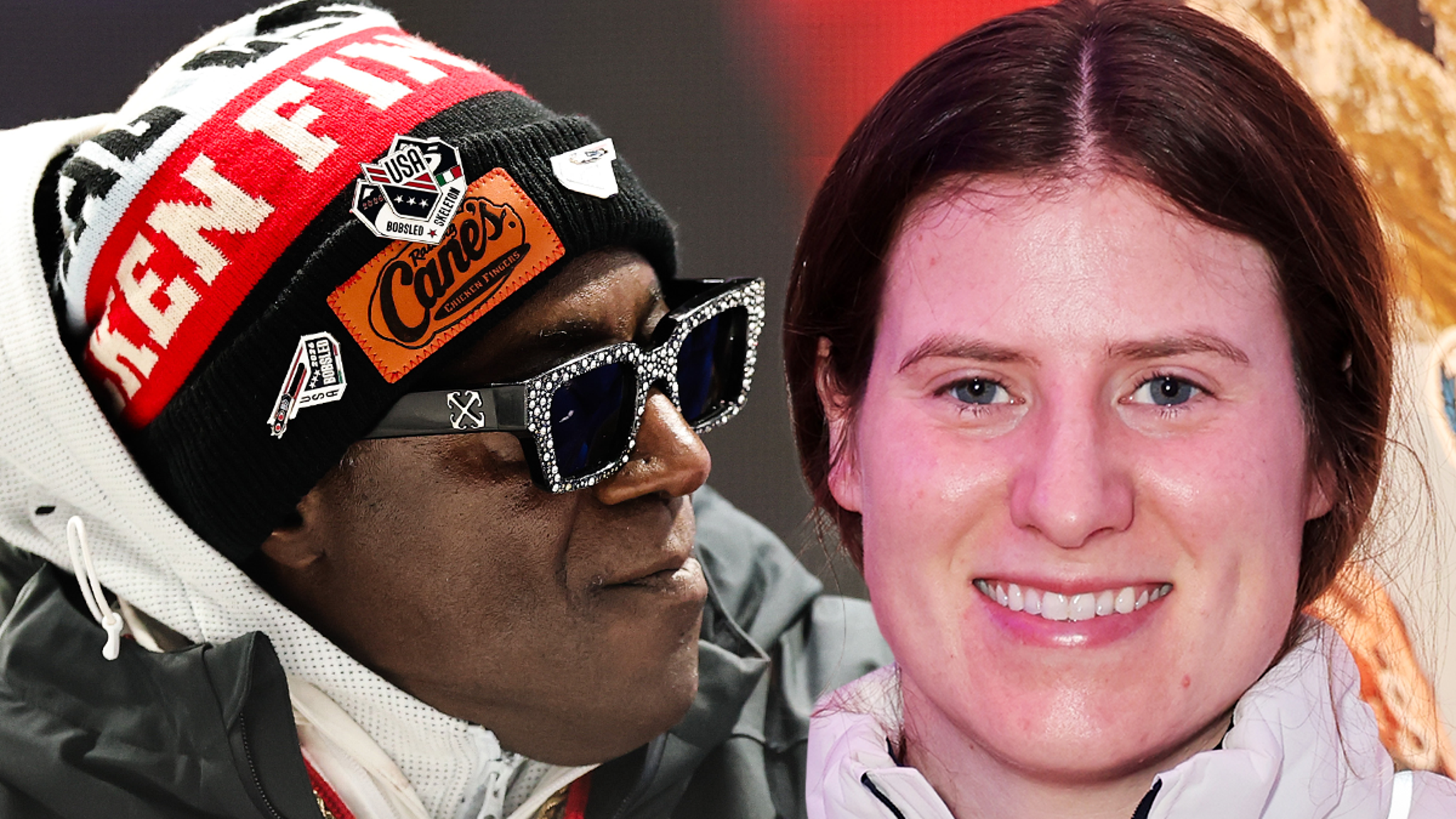
by Black Enterprise
March 5, 2024
It’s hard to ignore the impact Black history has had on American pop culture
Written by Michele Y. Smith
It’s legacies such as these that shape the pop culture we know today. At MoPOP, we make it a point to honor and celebrate the trailblazers of Black culture, showcasing their immense talent and vibrant contributions to the zeitgeist. Take Bo Diddley, for example, whose bold and innovative music inspired generations of artists, including icons like Elvis Presley and Jimi Hendrix. Fast forward to today and Beyoncé’s career has spanned over three decades, positioning her as one of the most influential figures in contemporary pop culture, known for her empowering music, activism, and entrepreneurship. Their impact on pop culture cannot be overstated.
Showcasing the power Black art has in history
To understand its impact, we must preserve Black pop culture. It’s imperative we conserve the diverse cultural expressions of different communities and protect their heritage and identity. By doing so, we can continue to provide a platform for marginalized communities to share their stories, fostering inclusivity and greater acceptance.
One of our most successful exhibitions featured the work of Ruth E. Carter, who developed the costumes and styling for films, Black Panther, Malcom X, Selma, and Do the Right Thing. Her vibrancy and attention to detail in costuming is integral to translating stories of race, politics, and culture to the big screen. Ruth Carter has been helping style the Afrofuturism movement for almost 40 years. Afrofuturism is an incredibly important movement in pop culture, as it provides a platform for Black artists, writers, and creators to reimagine history and envision futures where Black people play central roles as heroes, innovators, and leaders. By centering Black experiences, Afrofuturism challenges dominant cultural narratives that marginalize or erase Black contributions to society.
Understanding hip-hop and its impact
We can’t discuss the impact of the Black community on pop culture without acknowledging the powerhouse that is hip-hop. I’m proud to lead an institution that was at the forefront of recognizing hip-hop as a cultural art form. MoPOP has been collecting hip-hop artifacts since before the museum officially opened in 2000, and we were among the first museums to host an exhibit on hip-hop. Fast forward 24 years later, and we boast one of the largest collections of hip-hop artifacts in our permanent collection, showcasing the genre’s profound influence on music writ large. Our past exhibit, “Contact High: A Visual History of Hip-Hop,” curated four decades of iconic photography, highlighting shifts across music, politics, racial relationships, fashion, and broader societal culture.
Hip-hop has undeniably reshaped the landscape of American music, transcending its origins as a marginalized urban art form to become a dominant force in global culture. Its influence extends far beyond the confines of the music industry, permeating into various aspects of society and inspiring countless artists across genres. From its roots in the Bronx in the 1970s to its current status as a billion-dollar industry, hip-hop has continually pushed boundaries, challenged norms, and amplified the voices of marginalized communities. Its sampling techniques, rhythmic patterns, and lyrical storytelling can be found in mainstream music, shaping the sound of pop, R&B, rock, and even country. Hip-hop’s impact on American music as a whole is undeniable, as it has revolutionized how we create, consume, and understand music in the modern era.
While Black History Month often pays tribute to the challenges and accomplishments of the past, it’s essential to apply these lessons to the future. Pop culture bridges the gap between timelines, serving as an influential and widespread channel for propelling the visibility of Black contributions across society. It is my mission and life’s work to make sure we continue to acknowledge the importance of preserving, teaching, and celebrating Black culture.

Michele Y. Smith is Chief Executive Officer at MoPOP. Smith is a mission-focused leader with extensive experience in business development, operations, and finance in the nonprofit industry. She has a people-centered leadership style and approach to help drive an aligned vision and mission.
RELATED CONTENT: Decoding a Pop Culture Legend: Pharrell Williams






